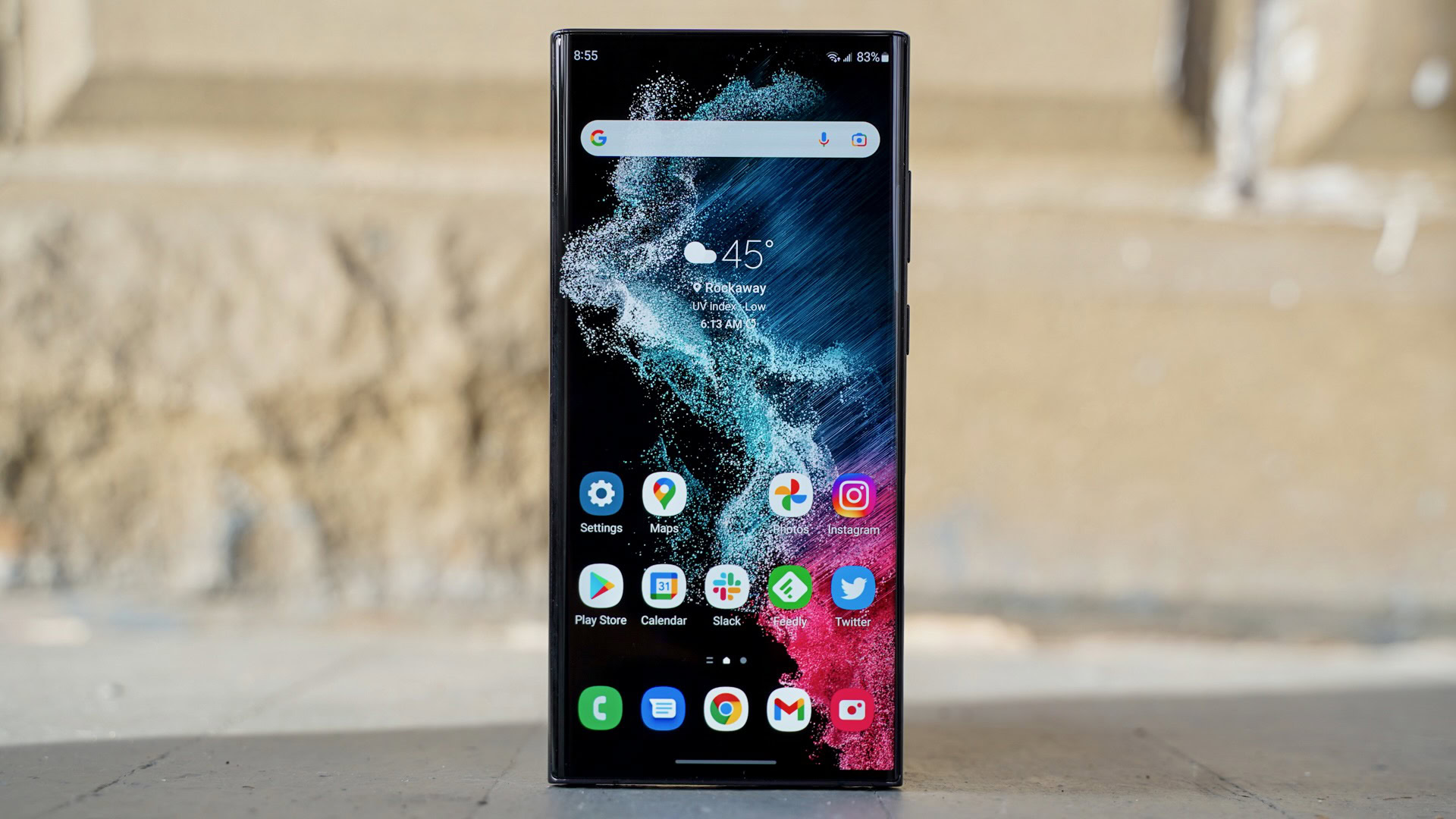Affiliate links on Android Authority may earn us a commission. Learn more.
Snapdragon will power Galaxy flagships globally, starting with S23

- Qualcomm has announced that Snapdragon silicon will power Samsung Galaxy flagships globally.
- The deal includes the Galaxy S23 series “and beyond.”
We heard rumors for a while now that Samsung could skip its in-house Exynos flagship chipset in favor of Qualcomm’s Snapdragon power. Now, Qualcomm has used its Q3 fiscal year 2022 earnings call to announce that it will power Samsung flagship phones globally as part of a wide-ranging deal.
“The way you should think about it is Snapdragon will power their Galaxy product line, their Galaxy flagship products,” Qualcomm CEO Cristiano Amon said in response to a question during the earnings call.
“And what I can say at this point is we were 75% on Galaxy S22 before the agreement (sic). You should be thinking about we’re going to be much better than that on Galaxy S23 and beyond. It’s a multi-year agreement. And that’s probably what I can tell you. You should think about us powering their devices globally,” Qualcomm CEO Cristiano Amon said during the earnings call. Qualcomm’s press statement on the agreement also notes that Snapdragon silicon will power “more Samsung premium devices globally.”
No Exynos Galaxy S23?
Amon’s 75% figure refers to the proportion of Galaxy S22 series phones that shipped with the Snapdragon 8 Gen 1 chipset. The remaining 25% of S22 devices were powered by the in-house Exynos 2200 processor.
There is some room for interpretation with Qualcomm’s statements, suggesting we’ll see Snapdragon-powered Galaxy flagships in far more regions but not outright saying it’ll power all variants.
What do you think of Snapdragon powering the Galaxy S23 globally?
In any event, the news comes as part of a larger agreement between Samsung and Qualcomm. The chipmaker said the agreement includes a patent licensing deal for 3G, 4G, 5G, and 6G technologies. Qualcomm adds that the deal also means Samsung will expand its use of Snapdragon silicon in categories like PCs, tablets, extended reality, and more.
We’ve asked Qualcomm and Samsung to clarify what this news means for Exynos-powered Galaxy flagships. We’ll update the article if/when the two companies get back to us.